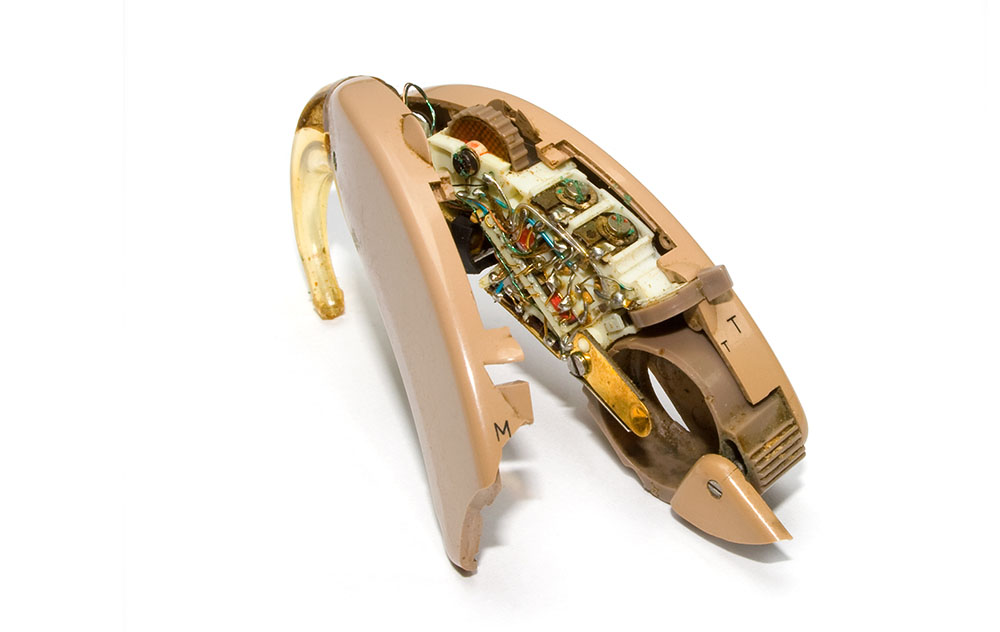
5 Reasons to Repair Your Hearing Aids
Wouldn’t it be great if everything in life functioned flawlessly? Sadly, such a paradise doesn’t exist. But when you think about the job your hearing aids do every day, it’s amazing that they last as long as they do. However, sometimes problems pop up. What’s the cause? Here are five reasons your hearing aids need repair.
1. You hear nothing
More often than not, this may be something you can solve at home. Sometimes all it takes is a good cleaning, a change of batteries and double-checking to make sure your units are turned on. Unfortunately, if the simple solutions don’t fix the problem it’s time to see your audiologist. If your hearing aids don’t work, the issues can range from excessive earwax clogging the inputs to an internal malfunction.
2. Sound is muffled
If changing batteries and cleaning the units doesn’t solve the problem, it’s likely your tubing is frayed or cracked. There’s also the possibility that your microphone is clogged with dirt or earwax or there is a malfunction. When it can’t be fixed at home, it’s time to see your audiologist.
3. You hear whistling or feedback
Often this is a sign of an ill-fitting hearing aid. How does this happen? Sometimes the size and shape of your ears changes as you age or if you’ve lost weight or been ill. If the hearing aids don’t conform well to your ears, the microphone will pick up sound from the speaker and cause whistling. Your audiologist can determine if your hearing aids fit well and whether any adjustments are needed. Other times these types of sounds may indicate problems with the microphone and in that case, it’s best to visit your audiologist to determine if manufacturer’s repairs are necessary.
4. You see damage
If you spot a crack in your hearing aid case or see other obvious damage, it could be the cause of your hearing aid malfunction. If your hearing aid was dropped, stepped on, got wet or was left in extreme temperatures, professional repairs are needed. In some cases, repairs may be impossible.
5. You tried self-repairs
This is one cause of hearing aid repairs that is easily avoidable and sometimes difficult to fix. It may be tempting to go beyond the usual recommendations for at-home repairs to see if you can make the repairs yourself. While most people don’t take chances with their hearing aid investment, there is still good reason to caution against doing anything to try to take apart your hearing aid.
More often than not, hearing aid repairs are minor and may be accomplished at home or with a visit to your audiologist. If manufacturer’s repairs are necessary, the cost may be covered if your units are under warranty or you purchased an extended warranty. These five reasons your hearing aids need repairs are somewhat common and may not reflect your specific issue. If you suspect a problem with your hearing aids, it’s best to see your audiologist.

